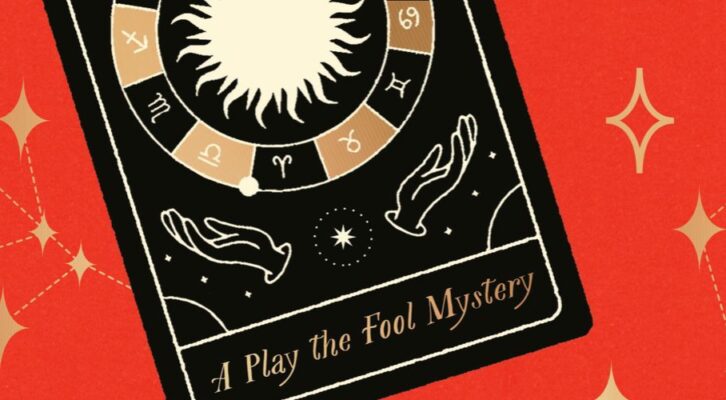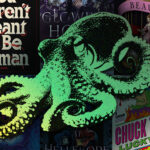Can the Truth Win Out in the Marketplace of Ideas?
Richard Stengel, Author of Information Wars,
Talks to Andrew on Keen On
In this episode of Keen On, Andrew talks to Richard Stengel, author of Information Wars: How We Lost the Global Battle Against Disinformation and What We Can Do About It, about his experience as the Undersecretary of State for Public Diplomacy and Public Affairs for the US Government, the information war in Russia, and the illusion of choice.
From the episode:
Andrew Keen: It’s interesting that you bring up Charlie Hebdo because their “crime” was publishing a cartoon, not information. American newspapers, recently particularly the New York Times, have moved away from publishing cartoons because they’re seen as giving offense, but isn’t giving offense and being controversial and being edgy—isn’t that the core of democracy? How can we have democracies without cartoons, sometimes even if they even if they inflame sensibilities?
Richard Stengel: But I mean you’re using the word cartoon to suggest that somehow it’s something childish or like a Saturday morning fairy tale. That wasn’t a Saturday morning fairy tale.
Keen: It was a serious polemic.
Stengel: Exactly, it was a serious polemic, and it offended 1.6 billion Muslims around the world deliberately. Do we need to have satire in democracies? Was anybody laughing at that cartoon? Did anybody think it was actually funny? I mean, what it was… it was deliberately provocative in a way that yielded violence. That is the kind of speech that I think we have to think twice about.
Keen: Yes, I buy that. But, Rick, if we’re not going to allow Charlie Hebdo to put “cartoons” of the Prophet Mohammed on its front page, then we’re pretty much gonna have to shut down Facebook and Twitter, aren’t we?
Stengel: I don’t think so. I think that was a very specialized provocation. I remember when I was in government when that knuckle-headed preacher in Florida burned a Koran. Now under the First Amendment that’s protected. We protect people burning the American flag. We protect Nazis marching in Skokie, Illinois. But to the billions of Muslims around the world, I don’t know if any of them understood why we should protect someone deliberately burning the most sacred object to them. In a perfect world I think, Yes, they should laugh about it because they know this guy is an idiot. But it’s not something that is well understood or completely understood, and they ascribe the worst motives to us protecting it.
One of the core ideas of information in a democracy is this idea of the marketplace of ideas. It comes from John Stuart Mill and Milton, and Justice Holmes wrote about it in a famous free speech case, which was this idea that the truth will win out in the marketplace of ideas. It’s a lovely thought. I’ve always believed it. But now the marketplace of ideas is changing. It’s a different kind of market. That was a much more idealistic view that somehow truth will win out over falsehood. With the rise of disinformation and with the instant example of it all around the world, the truth doesn’t win out in the marketplace of ideas. There is a wholly different market, and so we have to think about it in a different way than we used to think about it in the 20th century.
Keen: So you believe in this absolute idea of truth that could be a winning out?
Stengel: I actually don’t. What I believe in is media literacy. I used to say in government we don’t have a fake news problem, we have a media literacy problem. People don’t understand information. They don’t understand the provenance of information. They don’t understand how to tell the difference between something factual and not factual. That’s a problem. We need to teach that in schools. That needs to be taught like we teach mathematics and writing.
Subscribe now on iTunes, Spotify, Stitcher, or wherever else you find your podcasts!
________________________________
Richard Stengel was the Under Secretary of State for Public Diplomacy and Public Affairs from 2013-2016. Before working at the State Department, he was the editor of TIME for seven years, from 2006-2013. From 1992 to 1994, he collaborated with Nelson Mandela on the South African leader’s autobiography Long Walk to Freedom. Stengel later wrote Mandela’s Way, a New York Times best-seller, on his experience working with Mandela. He is the author of several other books, including January Sun, about life in a small South African town, as well as You’re Too Kind: A Brief History of Flattery. He is an NBC/MSNBC analyst and lives in New York City.




















